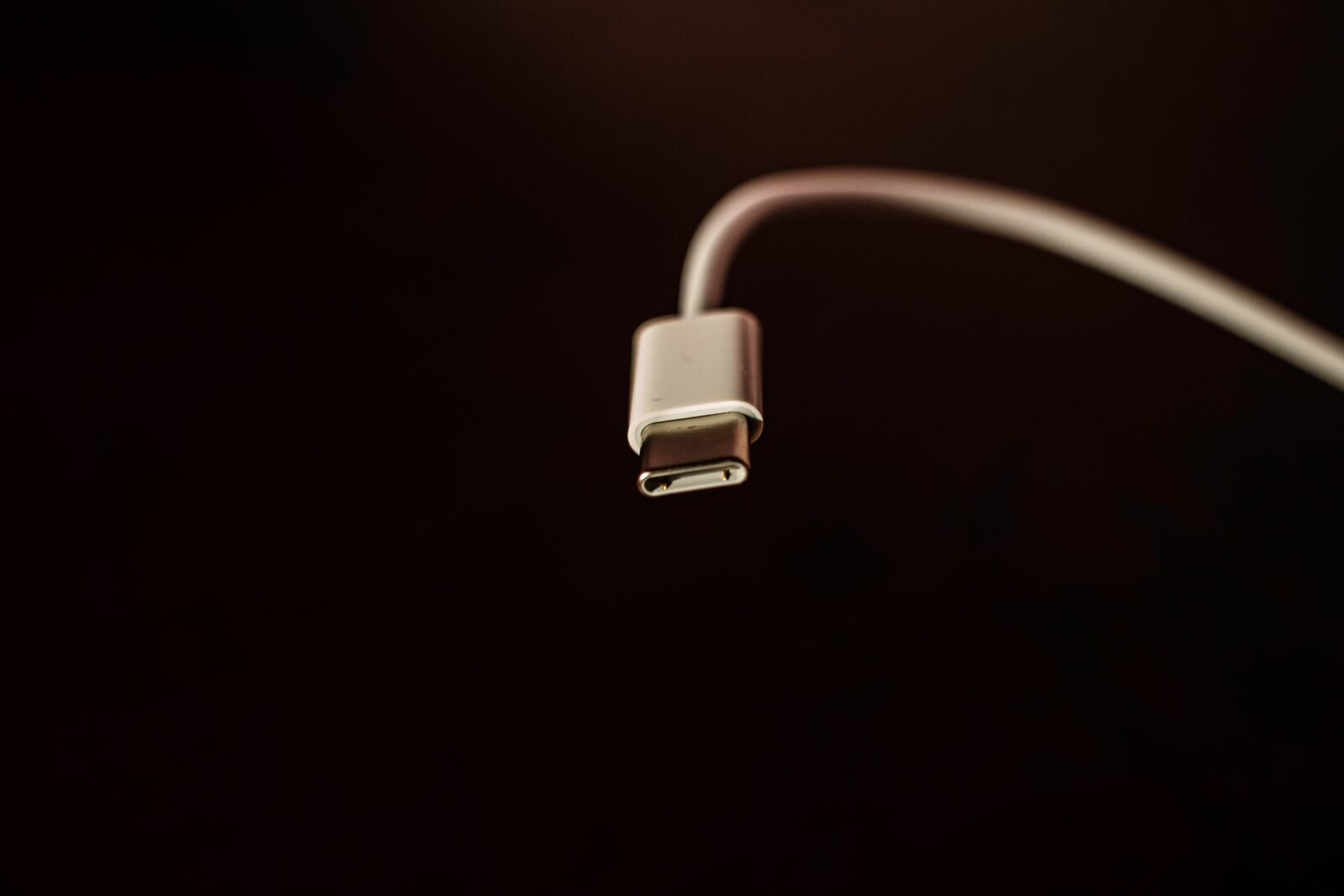Apple is forced to eventually adopt the USB-C connector for its iPhones because of new restrictions that will become effective in the European Union (EU) in the following year. However, there seems to be a twist, which is something that occurs rather often with Apple.
A fresh report has surfaced out of China suggesting that the corporation is considering using a bespoke integrated circuit (IC) interface for the port. This would provide the company the ability to verify the components that are crucial to the connection.
If you’ve heard anything like this before, it’s probably because Apple has been using its Lightning connector in precisely the same way for quite some time. The authentication process that is built into the Lightning interface is what causes the “This accessory is not supported” warnings to appear if you use anything that isn’t made by Apple and also isn’t a part of its “Made for iPhone” licensing program, which is a lucrative side business. If you use an accessory that isn’t supported, you can’t use the Lightning interface.
Due to the fact that this is only a rumor, clearly it has to be taken with a grain of salt. It is also important to note that none of Apple’s smart phones that currently use USB-C have a feature similar to this one pre-installed in the device. On the other hand, this action absolutely seems to be something that Apple would do.
It is not obvious if the installation of the custom IC chip would truly have any substantial repercussions with respect to the operation of non-Apple, non-MFi accessories, but it is likely that some functionalities, including as rapid charging and high-speed data transmission, may be restricted on non-authentic accessories. It is quite doubtful that they would just stop working, since it is highly probable that the EU would take action in such a circumstance. This is because it would go against the fundamental rationale behind why USB-C was designed to be a global interface.
Previous speculations about the restrictions of the iPhone’s USB-C port have suggested that only the Pro versions would be able to charge quickly and transfer data at high rates, while the standard models will only be able to transfer data at USB 2.0 speeds, which are the same as Lightning’s.














Leave a Reply